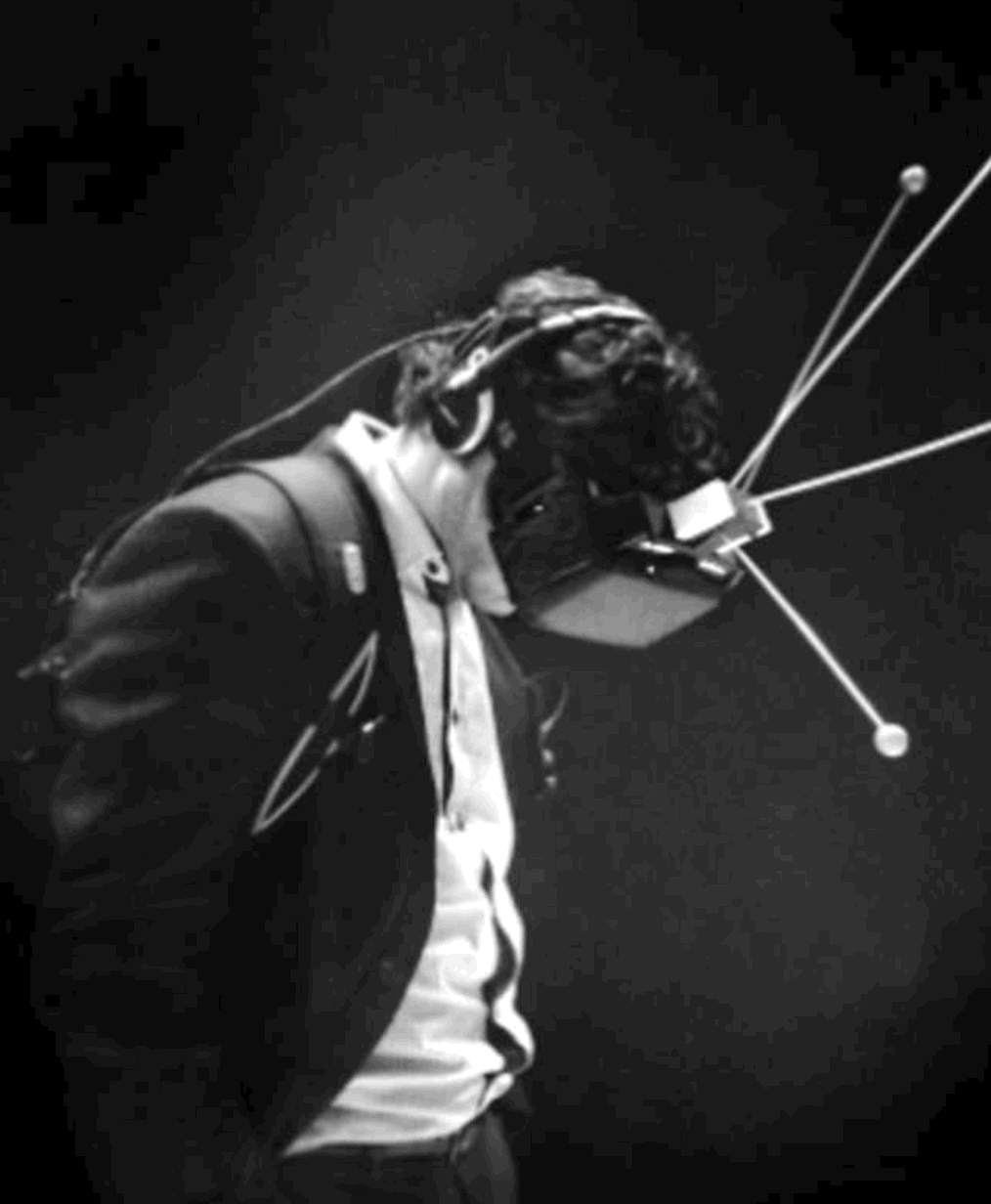Could Virtual Reality be at the frontier of peacemaking, asks Alexandra Ivanovitch
At A/UK, we are on the trail of the coming politics of immersive media and technology - virtual reality, augmented reality, and mixed reality - particuarly since our sold-out event in Brighton a few weeks ago with TomTech, 360 Degree Democracy.
Here's a piece (PDF) from the Centre for Empathy in International Affairs, doing a very useful round-up of research and practice on Virtual Reality as an "empathy machine", and how it might prepare those about to enter conflict and diplomatic mediation to stand in the shoes of their opponents.
From the opening blurb:
This article, by leading social entrepreneur Dr Alexandra Ivanovitch (centre picture above), explores how VR works in practice, the cognitive and psychological mechanisms underlying VR, and its potential application in the field of peacebuilding and conflict resolution.
She reviews cutting-edge scientific research on how VR creates a “body ownership illusion” and “embodied cognition”, which help us transcend neurophysiological limitations inherent to our own point of view, and to adopt the perspective of another human being.
The article also discusses experiments that show VR can reduce biases, build empathy and encourage prosocial behavior. Dr Ivanovitch calls for collaboration between technology, science and art to identify ways that immersive technology can be used to strengthen peace.
Dr. Ivanovitch cites a study using VR in the Isreali-Palestinian conflict:
VR has also been proven to be a successful tool to build relationships and close the empathy gap between historically opposed ethnic and religious groups. A pioneering study in cyberpsychology was conducted in the context of the Israeli-Palestinian conflict, which involved the following virtual-human interaction set-up:
Jewish Israeli participants interacted with a virtual human that represented a Palestinian. When the virtual human mirrored Israelis’ posture during a sensitive interaction about the conflict, postural mimicry increased the empathy Israelis felt towards the virtual Palestinian.
This study reminds us that a prelude to empathy is mimicry. Conventional peace-building techniques aspire to create cognitive empathy, or to manage conflict through traditional routes involving confidence-building or analysis of mutual interests.
VR shows how these techniques could be supplemented and reinforced through embodied cognition. If we represent outgroups as virtual humans that mimic our own movements, we can blur the line between ingroups and outgroups.
The experimental study outlines a promising future where VR could help us upgrade our own mental software in an innovative way, and eventually contribute to an improvement in relations between groups involved in long-lasting conflict.
It would be trail-blazing if, as the study suggests, VR could even help to ameliorate a conflict which has come to represent a stain on the international community’s collective moral consciousness.
She concludes:
The VR installation called The Enemy uses VR to make enemies visible to each other and by virtual means bring them into the same room, often a challenging first step for mediators. There is a potential space in between art, science, technology and peacemaking in which new creative forms of conflict resolution can be developed and tested by interdisciplinary teams. This article calls for that space to be cultivated and seeded with new initiatives.
We write this with our memory still tingling at a VR experience from Glasgow's Sonica festival, Lynette Wallworth's Collisions (pictured above) It uses 360 degree filming, immersive image and sound, and CGI animation to explore the response of the Martu tribe, in the remote Western Australian desert, to their experience of nuclear testing in the 50s.
The combination of fantasy, testimony, tension - and one's powerful sense of co-presence with the tribespeople - is amazingly affecting. VR experiences like this are most stably experienced in gallery setting. But when the media becomes more wearable and portable, our prediction is that our relationship with the wider world will fundamentally change. We will be "feeling with" our media like never before. And the consequences for politics and society will be profound.
As Dr Ivanovitch says, "We should be ready to embrace the ethical responsibility that is attached to VR, in proportion to its immense power."



